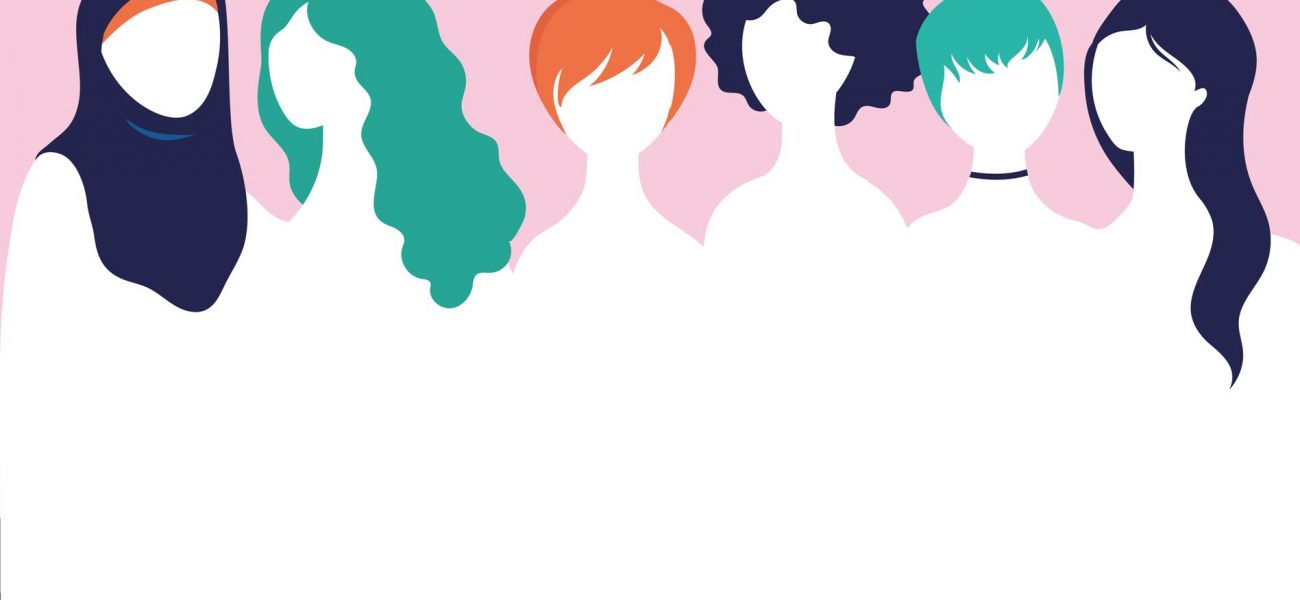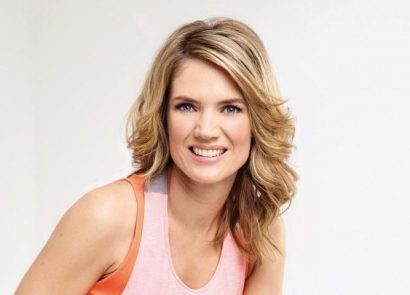Friends are the family you get to choose’, goes the saying, and it’s true that the good ones offer the same love, support and bonding that we’d hope to find from our own kin. From our very first childhood playmate, friends give meaning to our existence as human beings, so it can be lonely and distressing to find yourself lacking companionship in adulthood. Whether you’ve relocated, or simply become disengaged with your usual crowd, forming and maintaining friendships is important for our health and wellbeing. Had enough of your own company? Here’s what to do and why…
“We’re social animals”, says Kate Leaver, journalist and author of The Friendship Cure. “Human beings require social interaction. When we’re lonely, we produce the stress hormone cortisol, which can contribute to all sorts of illnesses; in fact loneliness is as dangerous as smoking 15 cigarettes a day.” Scary stuff, right? “Having good friends lowers our stress levels, makes us less susceptible to things like insomnia, depression and anxiety, and even helps keep our chances of things like heart attack and stroke down.” So, it appears we don’t just need friends to make us feel mentally well, but physically, too.
Our busy modern lives can mean that we don’t prioritise our friends, as we’re under pressure to fit in families, jobs and general life admin; it’s no surprise then, that adult friendships can suffer as a result.
David Brudö, CEO and co-founder of mental wellbeing and self-development platform Remente (remente.com) says this is no excuse: “We need to talk to our friends, and listen to them, for enjoyment, but also to have a support network to help us cope with the challenges life might throw our way – however busy our schedule.”
It makes sense that keeping the friends and acquaintances we already have is easier than forming new friendships, so ring-fence some quality time to do so. David explains, “I would recommend seeing friends on a regular basis. Book in dedicated time slots or set yourself a quota on how often you should see them.” But friendship shouldn’t feel hard, so make sure to plan things that suit your life. He suggests: “If you are a morning person, perhaps try to meet for breakfast instead of a boozy night out, and if you are both fitness enthusiasts, then commit to a class together.”
This technique works well with old friends who you may have neglected; reconnecting with past acquaintances is a convenient way of re-establishing social ties but it can sometimes come with its own difficulties. Should we try it anyway? Kate is cautiously positive: “Reconnecting with old friends can be a gorgeous, nostalgic thing to do. It can remind us of who we used to be and make us feel at ease with the people who knew us then too, but it is a very personal decision.”
If you’ve put the legwork in, but are still not feeling the love, then it is perfectly healthy to call time on a friendship and try plan B: find yourself a new tribe. Making new chums may sound daunting, but we promise it’s doable. Ruth Kudzi is a mentor and mindset coach (ruthkudzi.com) and agrees, “As we grow older our friendships change and making new friends can seem hard, but it is possible. Over the past decade, I myself have done new things such as starting a business, moving and having kids; we change and evolve and then new friends come into our orbit.”
Indeed, life changes are a great natural opportunity to connect with new people, as PR director Natalie Trice (natalietrice.co.uk) found when she relocated her family from Buckinghamshire to Devon: “When we arrived three years ago we knew no-one; that first summer was really surreal as it was just us, but I wasn’t fazed about having to make new friends.
“Once school kicked in, everything changed; with two sons, we were at parties and school events and I felt settled. We also have a dog and walking through the village and the beach meant I got to know people which gave me a sense of belonging and community. Today we have friends all over the place, through school, work, networking and at the gym, plus I was careful to keep my old friends, some of whom I’ve had for decades.”
Even if you haven’t had a seismic life change, there are ways to meet new people. Kate says,
the secret is just being proactive: “Join a group, like a netball team or a book club, because you’ll have something to bond over. Use an app like Bumble on BFF mode or Peanut if you’re a mother. Talk to your neighbours – they could be your most convenient friends and knowing them will give you a sense of community. Use social media, it’s a nice way to filter people, especially if you find face-to-face social interaction a little daunting.”
On The Chickpeeps podcast (chickpeeps.com), self-styled happiness gurus Dave and Steve Flynn, aka The Happy Pear, speak about the importance of finding your tribe: whether that’s as part of the vegan community, like them, seeking out opportunities to find like-minded people helps you create the kind of world you want to live in – and if it doesn’t exist, then create those opportunities yourself. Katie Taylor found her life turned upside down when she began experiencing perimenopausal symptoms, for example. She found the support to be worryingly lacking, so set up her own community, The Latte Lounge (lattelounge.co), a virtual coffee shop for midlife women to network and share experiences that now boasts 16K members.
So, now you’re encountering people every day, how to spot a potential pal? Ruth says it’s easy when you know how. “To make a real friend it usually comes down to connection and shared values – this is really key to long-lasting relationships. People who make you feel good is important – you feel that bit taller after a coffee or an interaction, you look forward to spending time with them and you both bring something to the table.”
Once you’ve identified a prospective target, it’s time to put a plan into action: “Invite them for a drink or a coffee and talk about your personal lives. Get their contact details and ask them out for a catch up. You’ve got to be brave enough to be vulnerable with people too, it’s the only way you’ll build intimacy,” explains Kate.
So, take a deep breath and go for it: give that forgotten friend a call, ask that new colleague to the pub and join that club you’ve been meaning to – your new community is waiting for you!





















